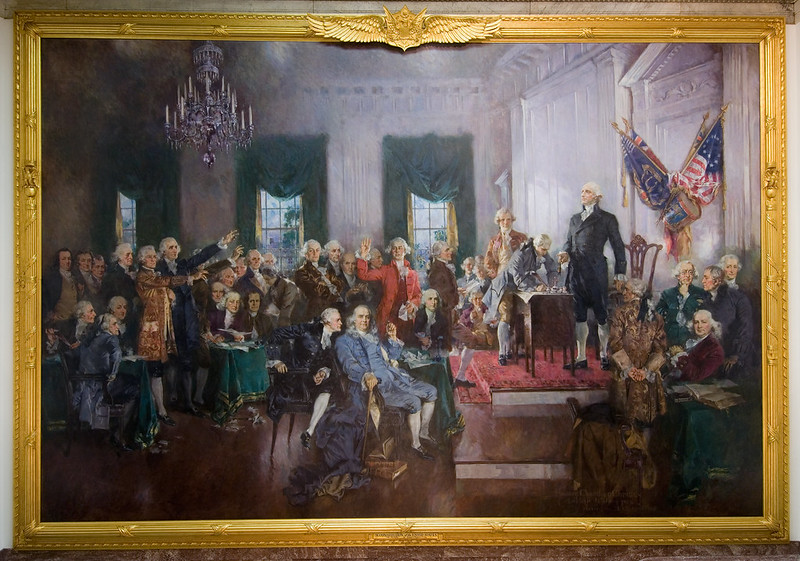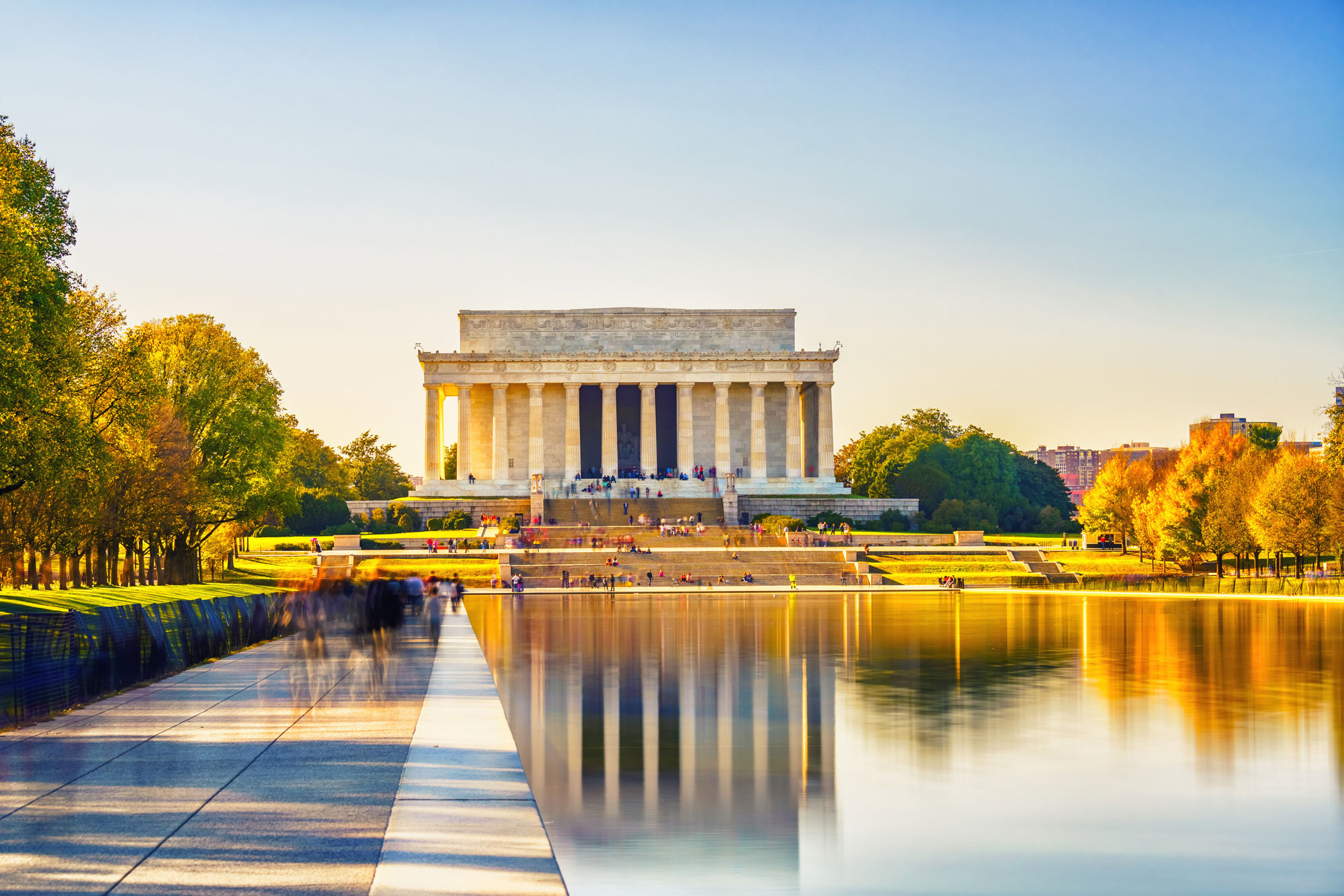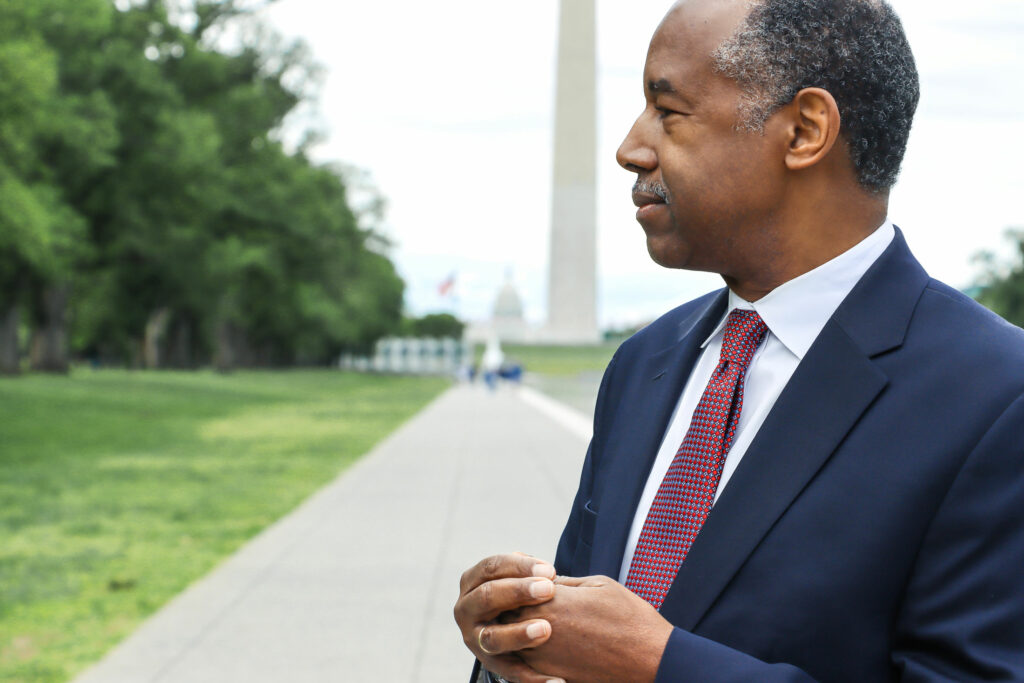 Last week, at a closed-door fundraiser hosted at California Governor Gavin Newsom’s home, Minnesota Governor and vice presidential candidate Tim Walz privately advocated for the elimination of the electoral college and stated the need for a national popular vote. Walz quickly tried to walk back these comments, saying that his “position is the campaign’s position,” and the campaign does not advocate for doing away with the electoral college.
Last week, at a closed-door fundraiser hosted at California Governor Gavin Newsom’s home, Minnesota Governor and vice presidential candidate Tim Walz privately advocated for the elimination of the electoral college and stated the need for a national popular vote. Walz quickly tried to walk back these comments, saying that his “position is the campaign’s position,” and the campaign does not advocate for doing away with the electoral college. However, Walz is certainly not alone on the left in his desire to eliminate the electoral college. In fact, Vice President Kamala Harris herself said she was “open to the discussion” on getting rid of the electoral college in 2019, during her previous failed presidential run.
As is typical, the radical left views constitutional restraint, such as the electoral college, as an impediment to their power, rather than a carefully crafted system of checks and balances aimed at preserving the liberty of the citizens of the United States.
The electoral college acts as America’s system for choosing a president. Instead of a pure national popular vote, the electoral college provides each state with a specific number of electors., Each state’s total electors is based on the total number of congressional members (House plus Senate) from that state, which guarantees each state at least a minimum of three electors for a presidential election. In total, there are 538 electors (reflected by the 100 Senators, 435 Representatives, and 3 electors from Washington, D.C.), and a candidate needs over half of these—or 270 electors in total—to win the presidency.
As voters in each state cast their ballots in a presidential election, the political party of the winner of the popular vote at the state level gets to select that state’s electors, who then cast their votes for the president and vice president. After the electors meet and cast their ballots in December, their votes are sent to Congress and the vice president for final certification in early January.
In this way, the electoral college acts as a check on pure democracy and reflects a compromise between a purely popular vote, and a vote purely determined by each state on an equal playing field. In this way, the electoral college reflects the importance of the federalist system in our constitutional scheme, since it keeps any one state from dominating the federal government.
The electoral college protects the interests of small states and rural areas against overreach by the populous, politically powerful majorities on the coasts and in the country’s other centers of power. This system forces presidential candidates to advocate for the diverse interests of the American people as a whole, rather than simply rallying the majority while ignoring the interests of the politically disadvantaged minority. By guarding against the “tyranny of the majority,” the electoral college thereby acts as a safeguard against the excesses of pure democracy, and instead protects our founding principles of republican constitutionalism.
The Founding Fathers created the electoral college for this very reason. This system was designed to ensure that America did not succumb to the passions and pressures of a pure democracy, and instead follows our constitutional principles of respecting the rights and interests of all individuals, including political minorities. The electoral college acts to encourage America’s political leaders to speak to the issues and interests that affect wider swaths of the American people, which may not otherwise receive the attention they deserve from politicians in Washington. As the electoral college continues to fall under attack, it is important for all Americans to understand its purpose and the reasons our Founding Fathers included this important check in our Constitution.

